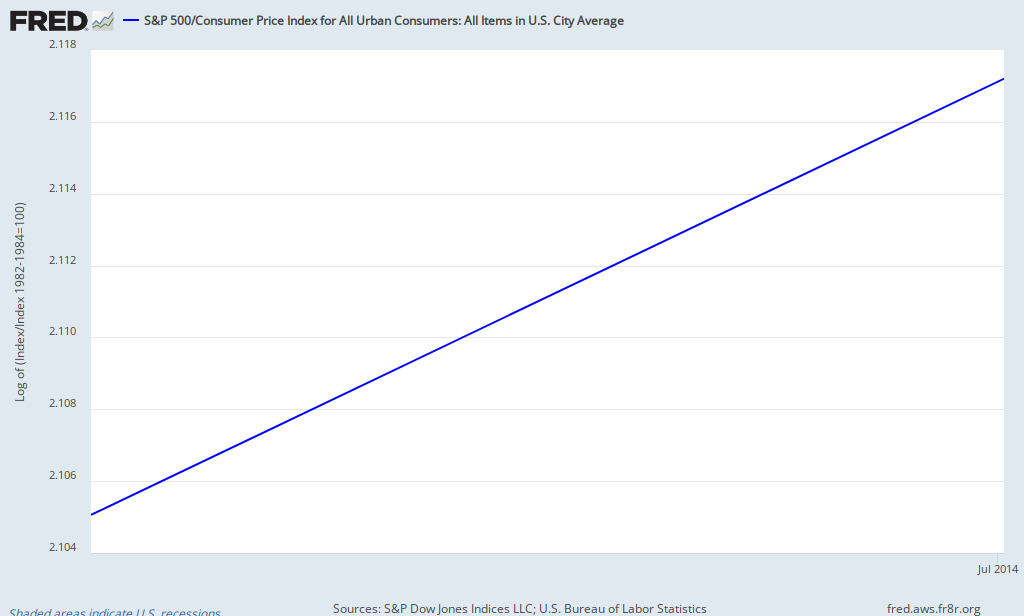TIM DUY asks whether America's economy can decouple from the euro-zone economy, and he posts this chart:
European industrial orders collapsed in September. Given how tightly correlated orders were during the 2008 collapse, one might think, the drop in European orders will quickly translate into an American slowdown.
I share the view that America will be unable to insulate itself from European difficulties, but I don't think the chart above explains why. Europe's enormous output decline in 2008 and 2009 was not primarily due to the drop in American output. As Paul Krugman wrote at the time:
As economist Hyun Song Shin recently noted in a paper examining the effects of financial globalisation, the interconnectedness of global banking systems means that conditions elsewhere influence American risk premiums and credit supply. The New York Times recently documented the process in action:
And so the drama in the euro zone is very, very relevant to those outside the single currency, and even those separated from events by a big body of water. As Mr Krugman also wrote in 2008:
 |
I share the view that America will be unable to insulate itself from European difficulties, but I don't think the chart above explains why. Europe's enormous output decline in 2008 and 2009 was not primarily due to the drop in American output. As Paul Krugman wrote at the time:
One way to think about this is to ask what it would take for a U.S. recession to impose a one percent of GDP negative demand shock on the rest of the world. For this to happen, U.S. imports would have to decline from 6 to 5 – a 17% decline. Given that the typical estimate of the income demand for imports is around 2, this would require a decline of more than 8% in U.S. GDP. So it would take an extremely severe recession in the United States to produce even a moderate-sized negative demand shock abroad.What was more important was the international financial multiplier. Financial markets are far more integrated than product markets, and they acted as a conduit of contagion from the American banking system to banks abroad. Falling asset prices in one place impact the balance sheet of leveraged institutions in another place. This transmits the crisis, which then impacts the real economy. Orders fell in both Europe and America because the financial systems in both Europe and America were simultaneously seizing up.
As economist Hyun Song Shin recently noted in a paper examining the effects of financial globalisation, the interconnectedness of global banking systems means that conditions elsewhere influence American risk premiums and credit supply. The New York Times recently documented the process in action:
From global airlines and shipping giants to small manufacturers, all kinds of companies are feeling the strain as European banks pull back on lending in an effort to hoard capital and shore up their balance sheets.Should trouble in the euro zone lead the European banking system to freeze up entirely, the crisis will quickly be transmitted to America's economy; credit will dry up to American firms, and the real economy will lurch downward. That is the big risk to most large, non-European economies. Trade accounts for too little activity in big economies for a European collapse to be too disruptive; the financial spillover, on the other hand, will be dreadful. Where the Federal Reserve could do quite a lot to shield the American economy from the drop in European demand stemming from a deep euro-zone recession, it is more difficult for the central bank to provide insulation against an all-out banking panic.
The result is a credit squeeze for companies from Berlin to Beijing, edging the world economy toward another slump.
The deteriorating situation in the euro zone prompted the Organization for Economic Cooperation and Development on Monday to project that the United States economy would grow at a 2 percent rate next year, down from a forecast of 3.1 percent growth in May. It also lowered its economic outlook for Europe and the rest of the world, and a credit contraction could exacerbate the slowdown.
And so the drama in the euro zone is very, very relevant to those outside the single currency, and even those separated from events by a big body of water. As Mr Krugman also wrote in 2008:
[T]o the extent that we regard falling asset prices and their consequences as a bad thing, which we obviously do right now, this analysis suggests that there are large cross-border externalities in financial rescues. Macroeconomic policy coordination never got much traction, largely because economists never could make the case that it was terribly important. Financial policy coordination, however, looks on the face of it much more important.America can spray fire retardant all over its banks, but if Europe refuses to step in to prevent financial collapse, non-Europeans will face serious consequences.





